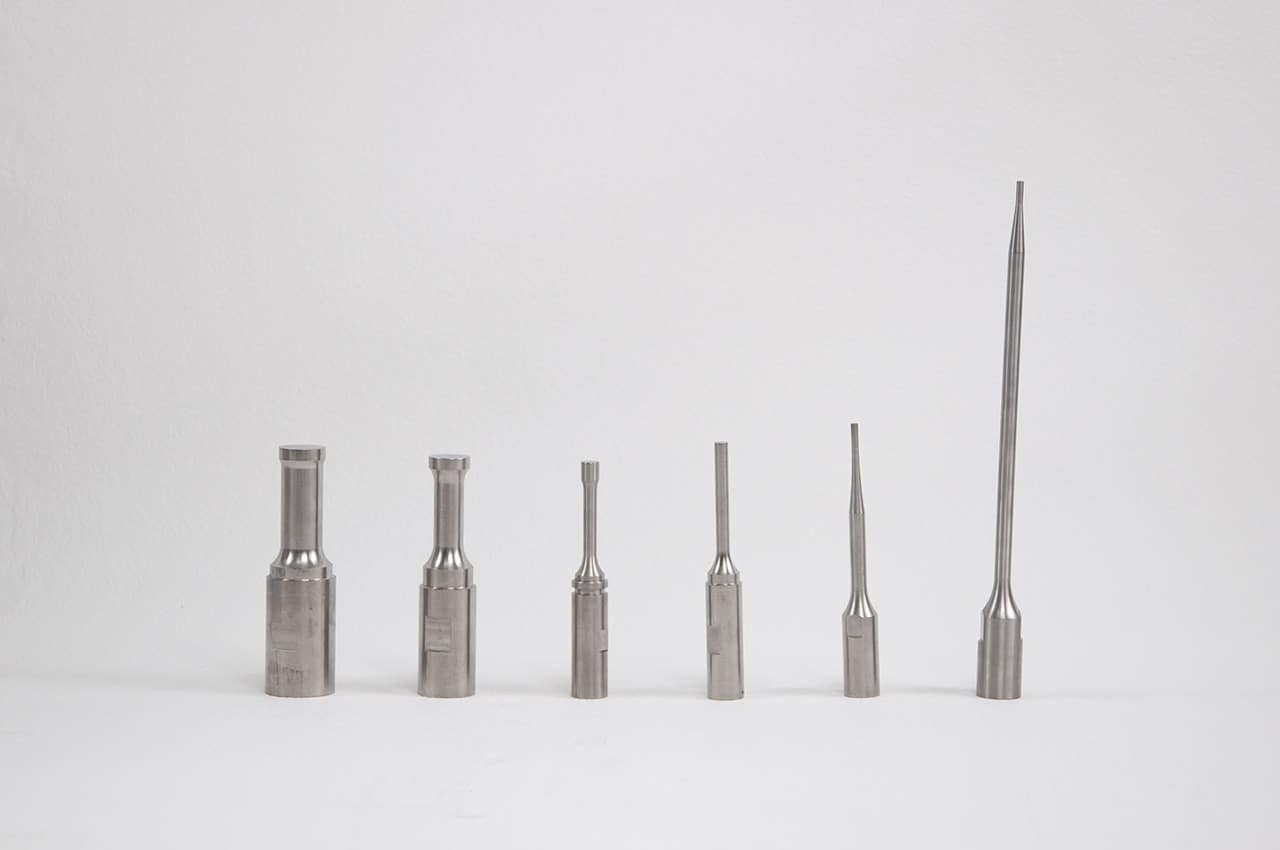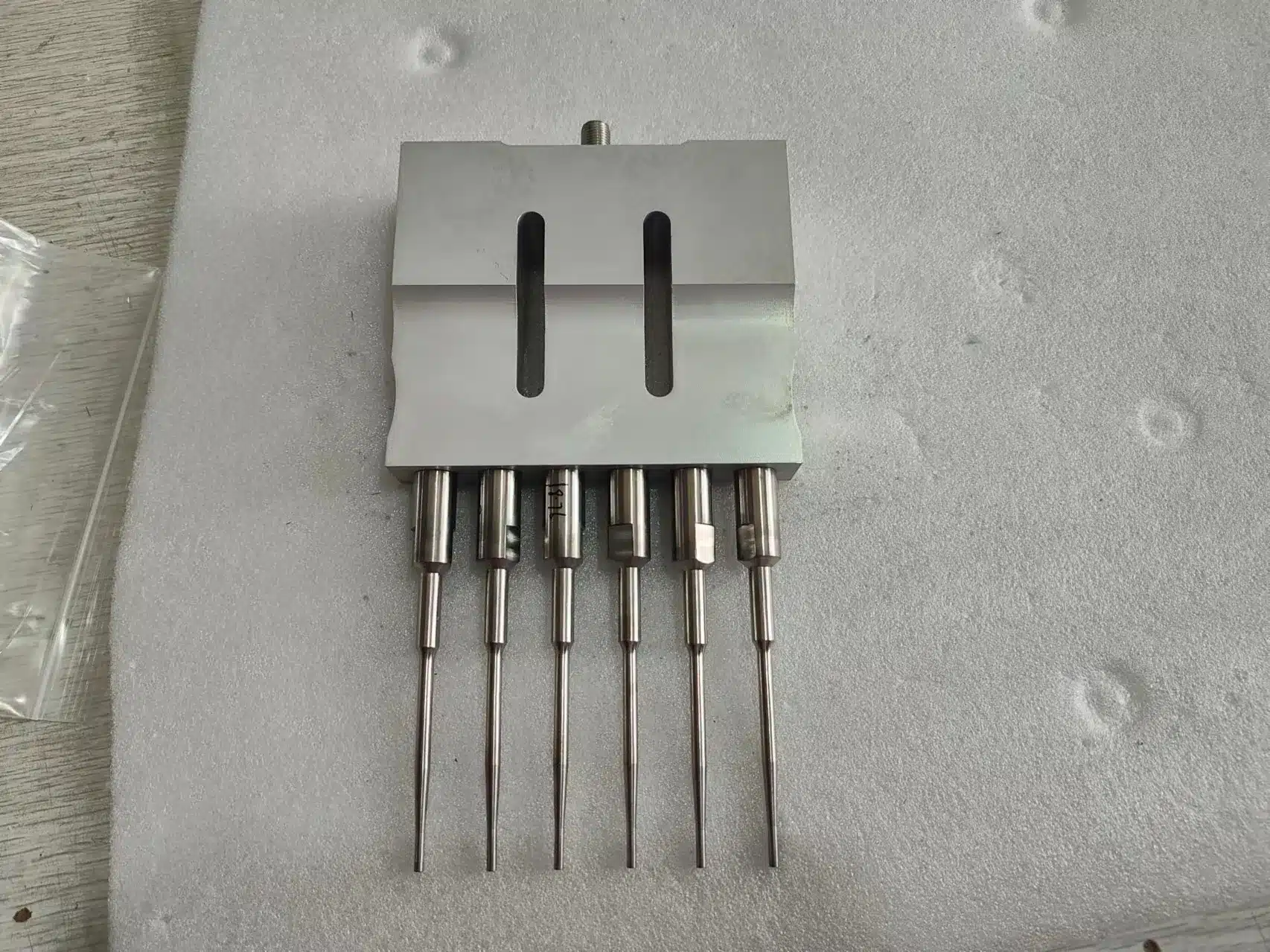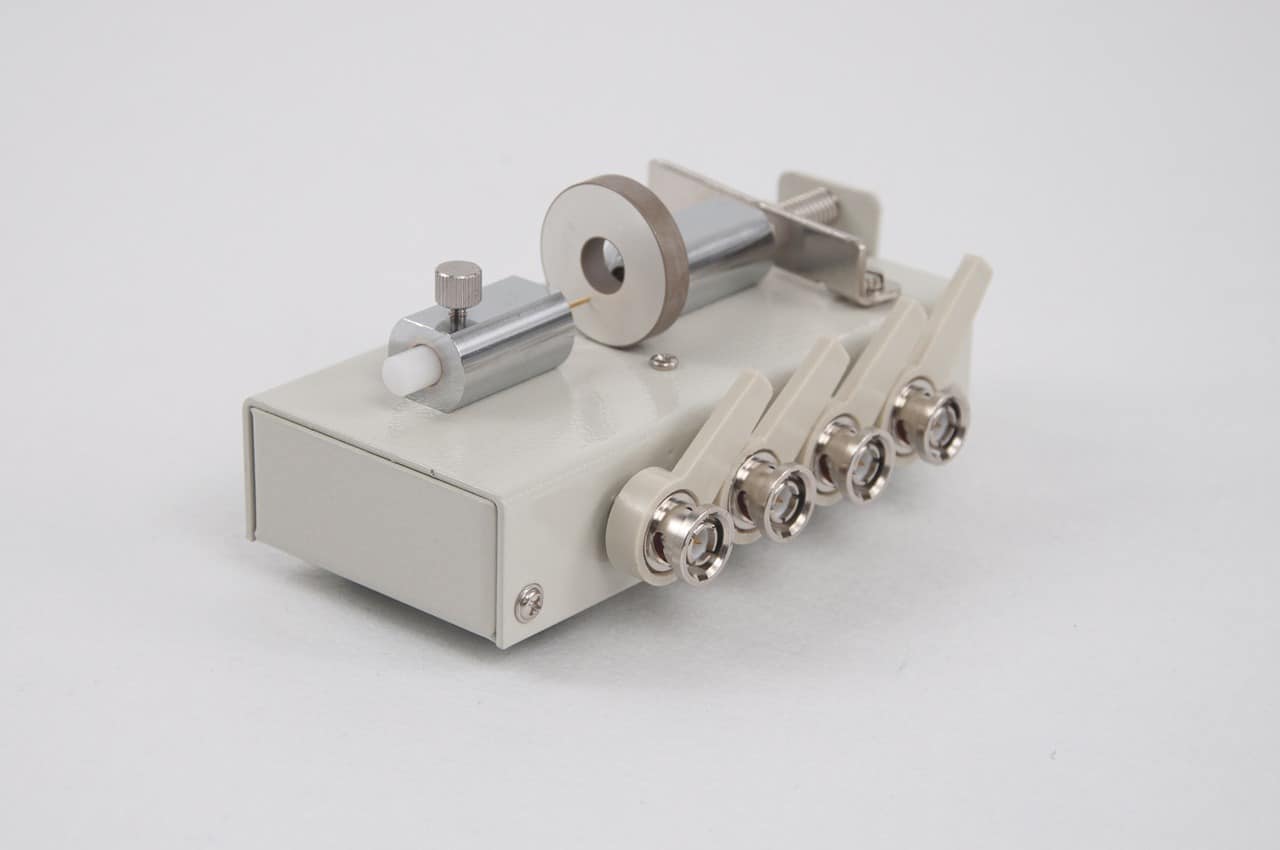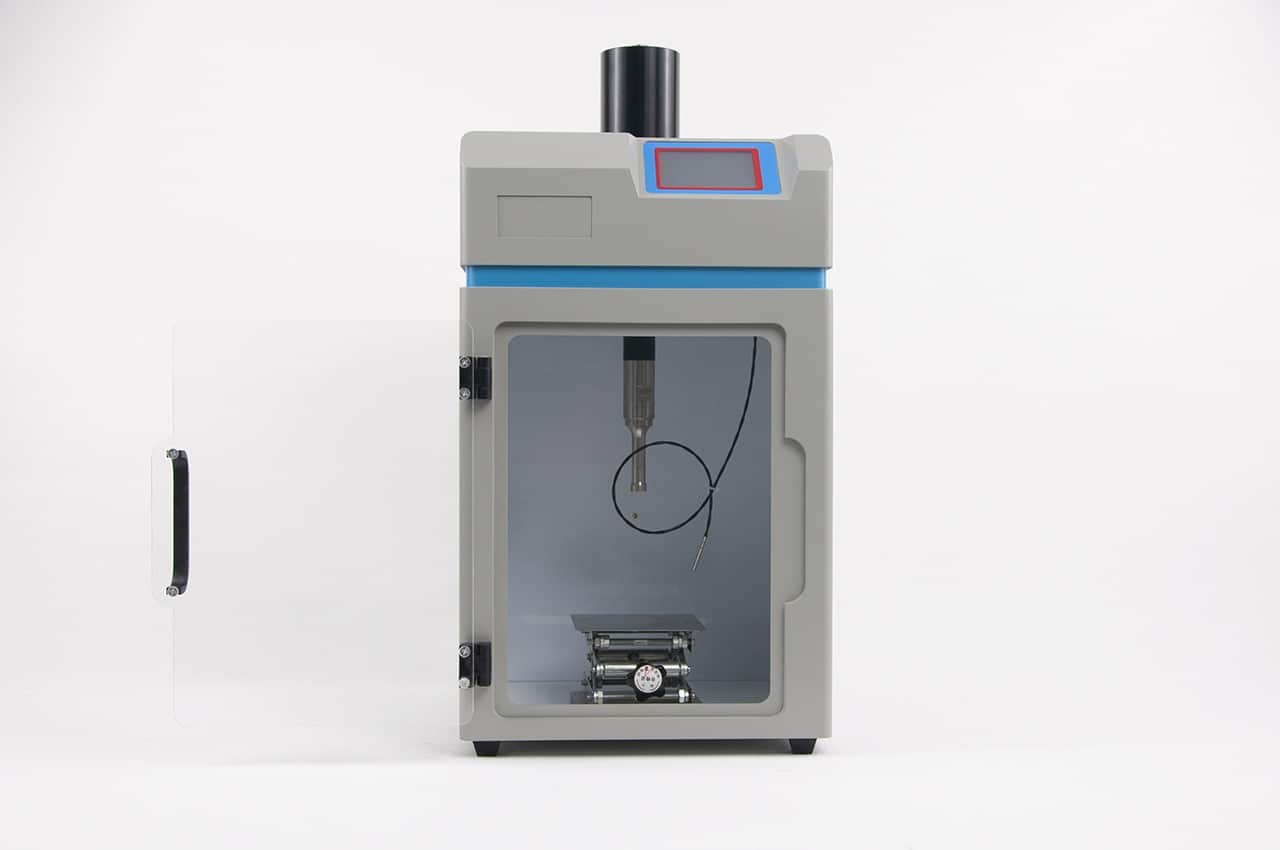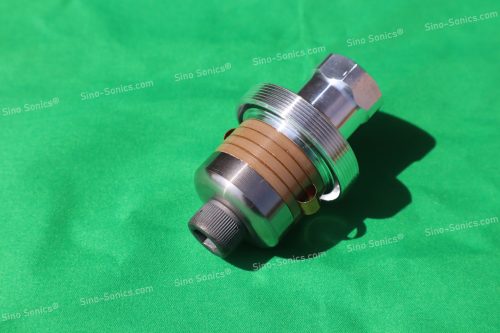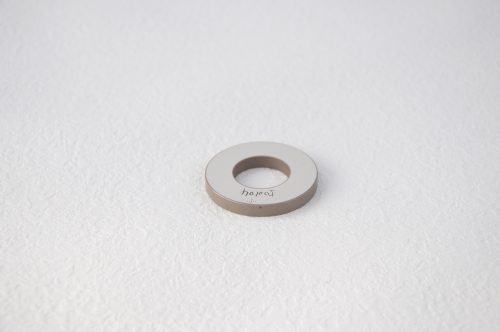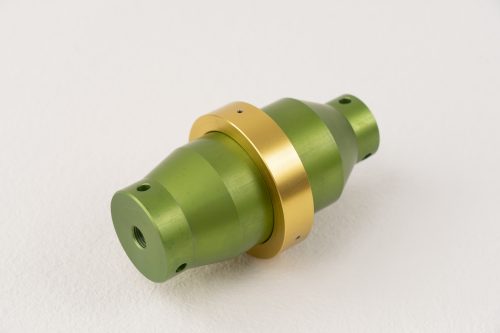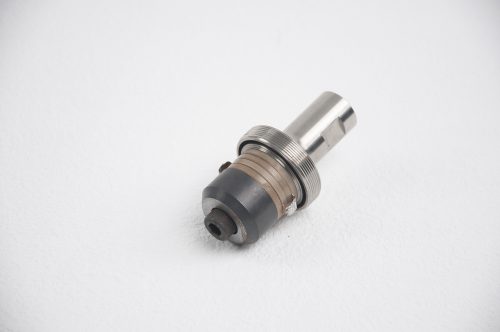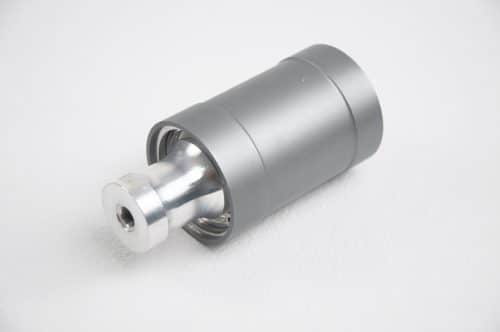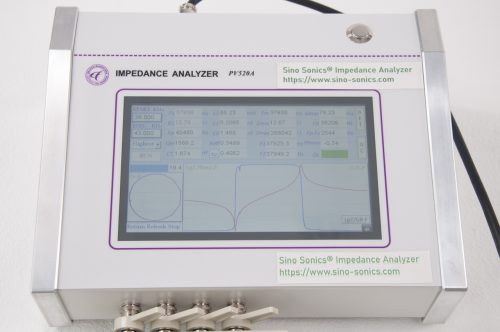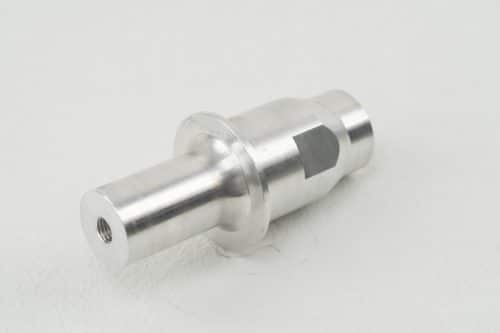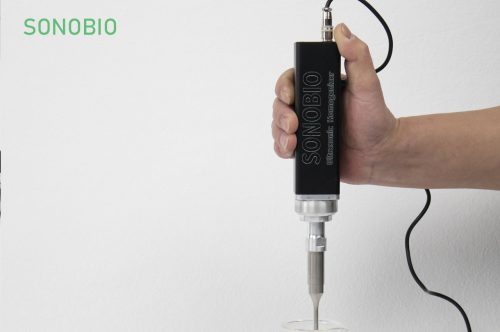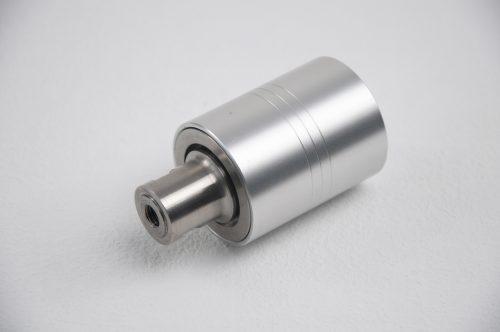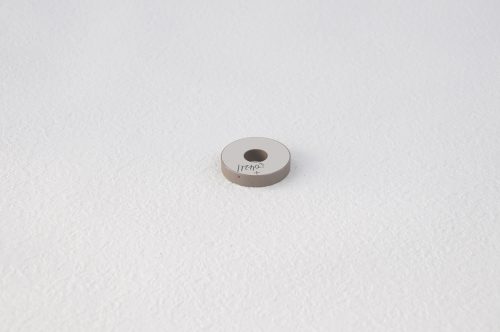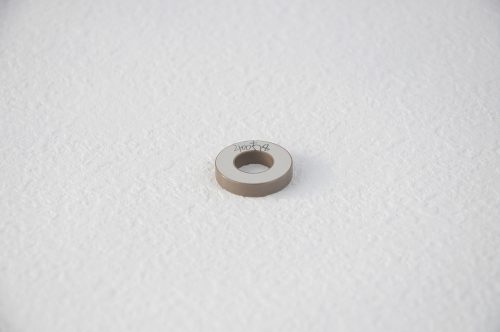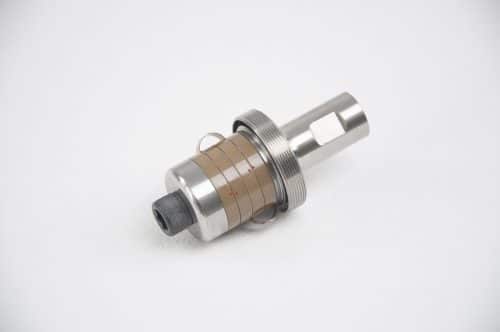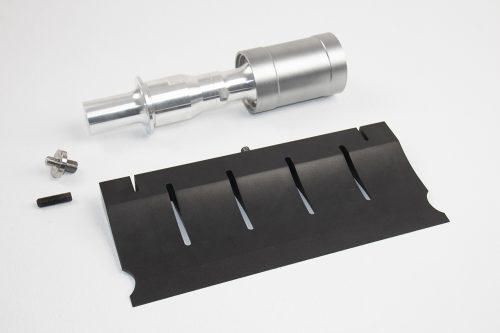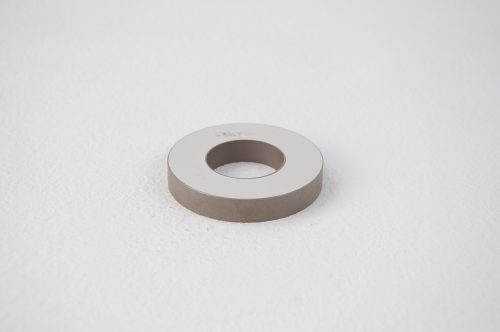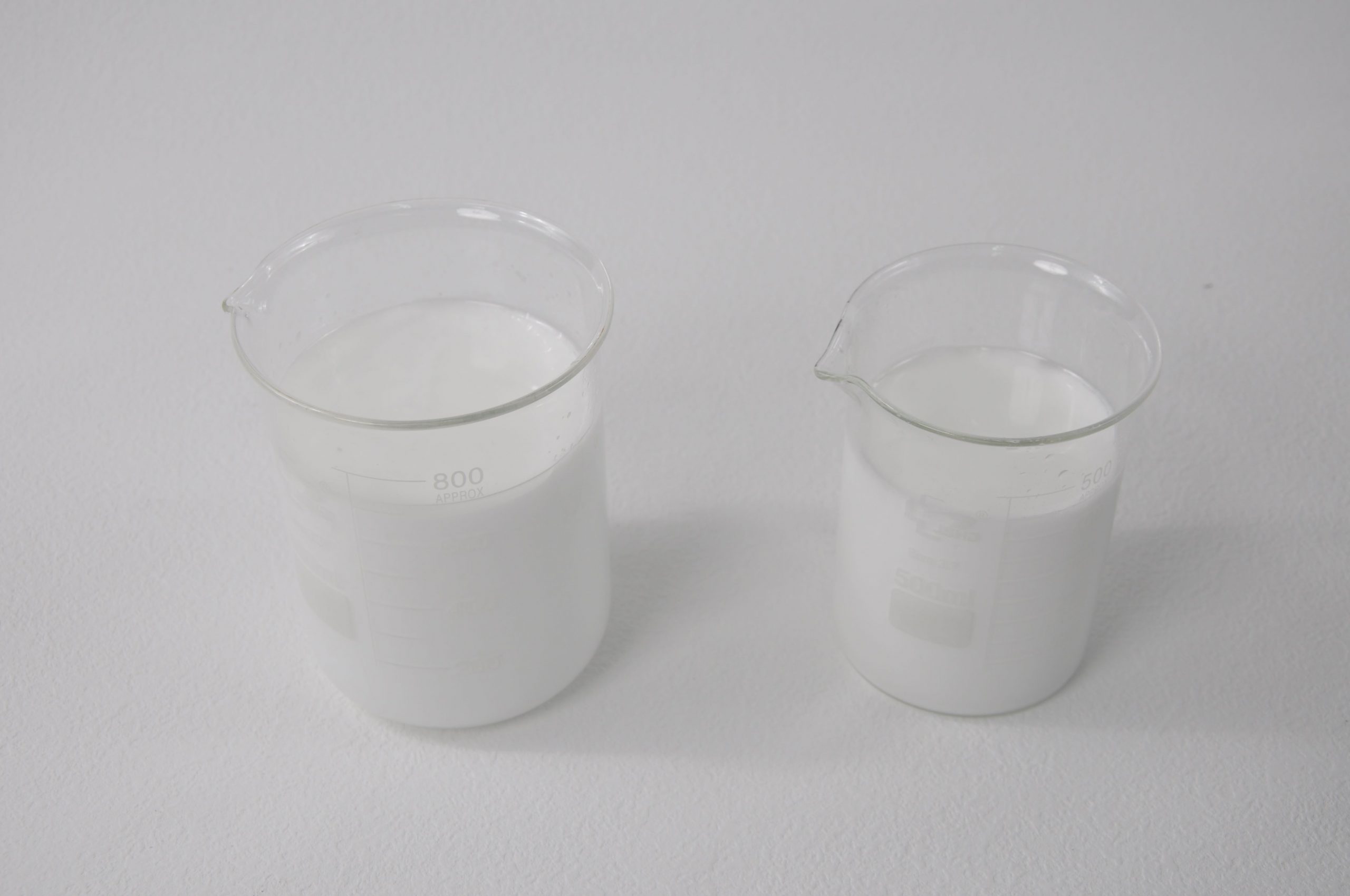
In the realm of emulsification technologies, ultrasonic emulsification, particularly using probe-type ultrasonicators, stands out for its revolutionary advantages, making it increasingly popular in various industrial sectors.
Enhanced Stability and Longevity:
One of the primary benefits of ultrasonic emulsification is the production of smaller, more uniform droplet sizes. This quality leads to significantly improved emulsion stability and extended shelf life. Remarkably, this method reliably produces submicron and nano-sized droplets, a feat not easily achievable with traditional methods.
Energy Efficiency:
In comparison to other emulsification techniques, ultrasonic emulsification is more energy-efficient. This attribute is crucial in today’s world, where energy conservation and sustainable industrial practices are paramount. By requiring less energy, ultrasonic emulsification aligns well with eco-friendly production goals.
Scalable Process:
The versatility of ultrasonic emulsification lies in its scalability. Whether for small-scale laboratory experiments or large-scale industrial production, this method can be adjusted to suit varying volume requirements. This flexibility is invaluable for industries that need to adapt quickly to changing demands.
Time Efficiency:
Ultrasonic emulsification is notably rapid, forming emulsions in mere seconds to minutes. This time-saving aspect is especially beneficial in fast-paced production environments, where efficiency and speed are key to maintaining productivity.
Reduced Surfactant Need: The technology also reduces the need for surfactants, commonly used to stabilize emulsions. Although smaller droplets increase the surface area requiring surfactant coverage, ultrasonication is compatible with a wide range of surfactants, including innovative and alternative emulsifiers. This compatibility expands its application in various fields.
Controlled Heat Generation:
Unlike many emulsification methods, ultrasonic emulsification is predominantly a non-thermal process. Minimal heat generation during processing prevents thermal degradation of sensitive compounds, an essential factor in industries like pharmaceuticals and food production.
These diverse advantages position ultrasonic emulsification using probe-type ultrasonicators as a superior choice across multiple sectors, including food and beverage, pharmaceuticals, cosmetics, fine chemicals, and fuels. Its energy efficiency, scalability, time-saving nature, and compatibility with various compounds make it an innovative solution in modern industrial processes.
And more info of Emulsion, you can check wiki.

